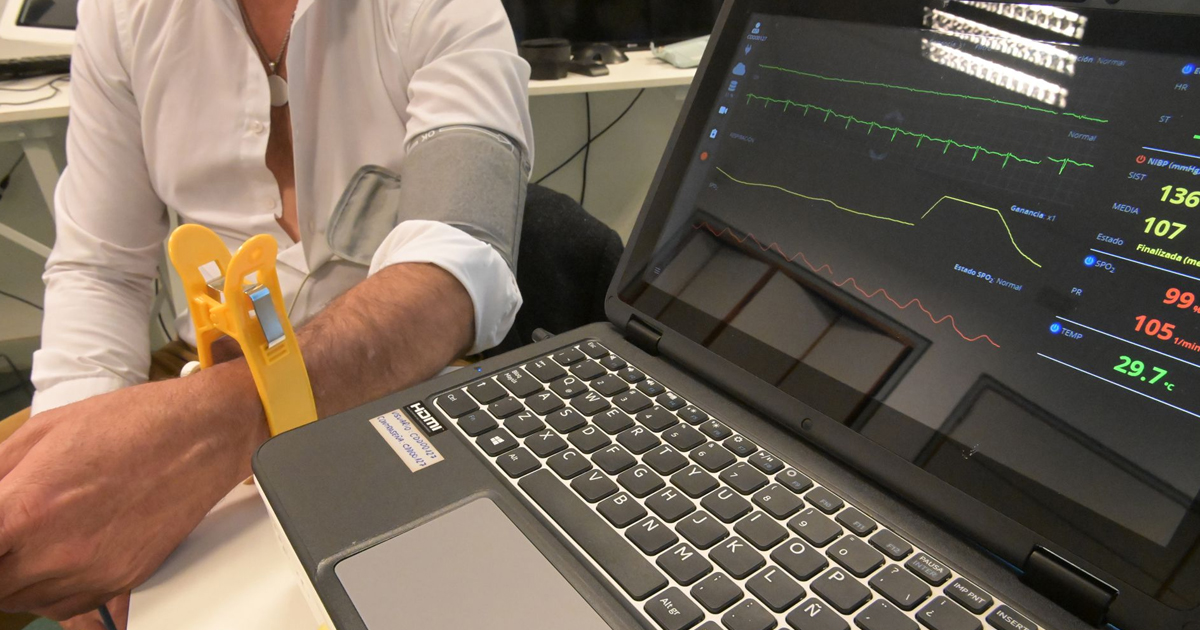In the United States, the United Kingdom and Canada, they have implemented various strategies for the promotion of Digital Health through organizations and agencies that promote investments and collaborations to strengthen it.
These countries are leaders in America and Europe in the use and adoption of Digital Health technologies. Through government agencies and bodies, as well as private investments, Digital Health projects have been successfully implemented.
In the United States, the Food and Drug Administration (FDA) created the Digital Health Center of Excellence (DHCoE) last year. Which aims to empower stakeholders in digital health projects by providing scientific expertise and technological and policy advice to support decision-making processes.
The DHCoE considers ten criteria that can be considered when determining if an innovation is valid as a Digital Health solution: Software as a medical device (SaMD), Advanced Analytics, Artificial Intelligence, cloud storage, cyber security, interoperability, Data systems Medical Device Management (MDDS), Mobile Medical Applications (MMA), Wireless (wifi, bluetooth, NFC), new technology not yet approved or filed with the FDA.

On the other hand, in June of this year the United States government announced the creation of a new digital health program called the Public Health Informatics and Technology Workforce Development Program (PHIT Workforce Program). The initial investment will be 80 million dollars, to strengthen data science in public health. One of the main objectives is the training of more than 4,000 professionals in four years, focusing on informatics and public health technology.
In the United Kingdom, the National Health Service (NHS) since 2016 created a program dedicated to promoting innovations in health. The NHS Clinical Entrepreneur Programme, has achieved collaborations with important international companies such as IBM or Deloitte. In addition, it has established Digital Health programs in ten hospitals in the United Kingdom, which has led them to connect with universities and hospitals in other countries, among other organizations.
In the first four years of the program, more than 500 clinical professionals were recruited and 247 startups related to health sciences were created. More than 30 million patients and users have benefited so far.
In Canada, specifically in Ontario, the Canadian Network for Digital Health Assessment was created by local government, the Center for Digital Evaluation (CNDHE) and other partners. The objective of creating a network is to evaluate the effectiveness "around digital health interventions on access, quality and equity of care," explains the CNDHE.
The Canadian Agency for Medicines and Technologies in Health (CADTH) explains: “As we look ahead to the recovery phase of the COVID-19 pandemic, we know that virtual care will continue to play an important role in address waiting times, reduce health system costs and improve the patient care experience”, highlighting the benefits of the virtual care modality. However, they consider that in the absence of evidence on the impact of health interventions, comprehensive and clinically relevant evaluations are necessary.
“Over the next two years, the CNDHE will develop a strategy for the evaluation of digital health across Canada and build the necessary infrastructure to evaluate the significant federal and provincial investments made in digital health”, in this way the researchers will be able to take advantage of the creation of a standardized, collaborative evaluation framework with common objectives.






